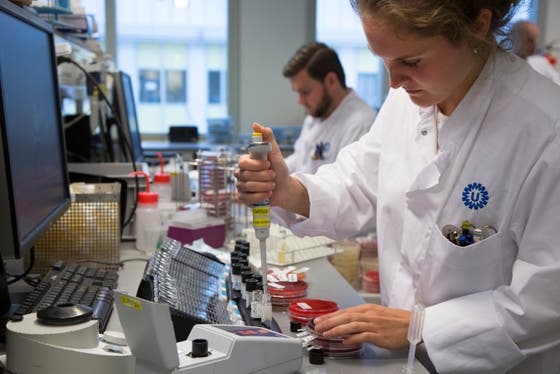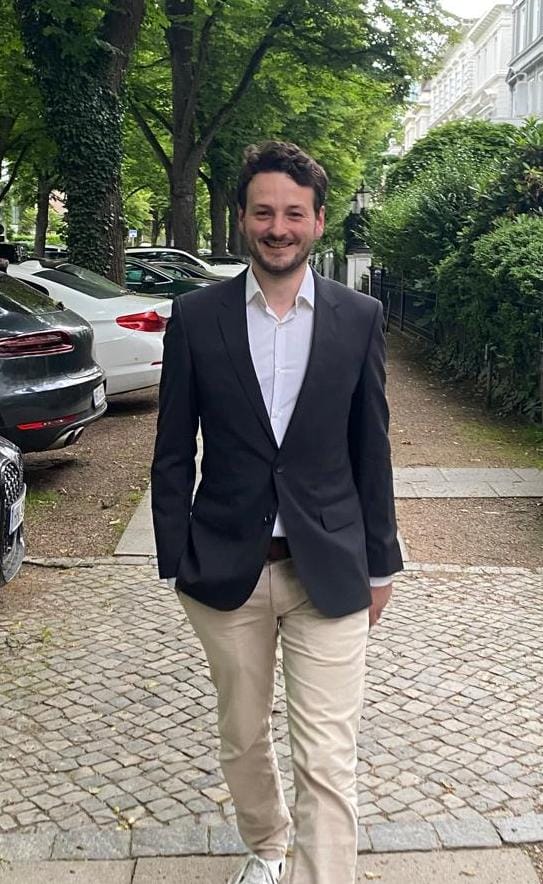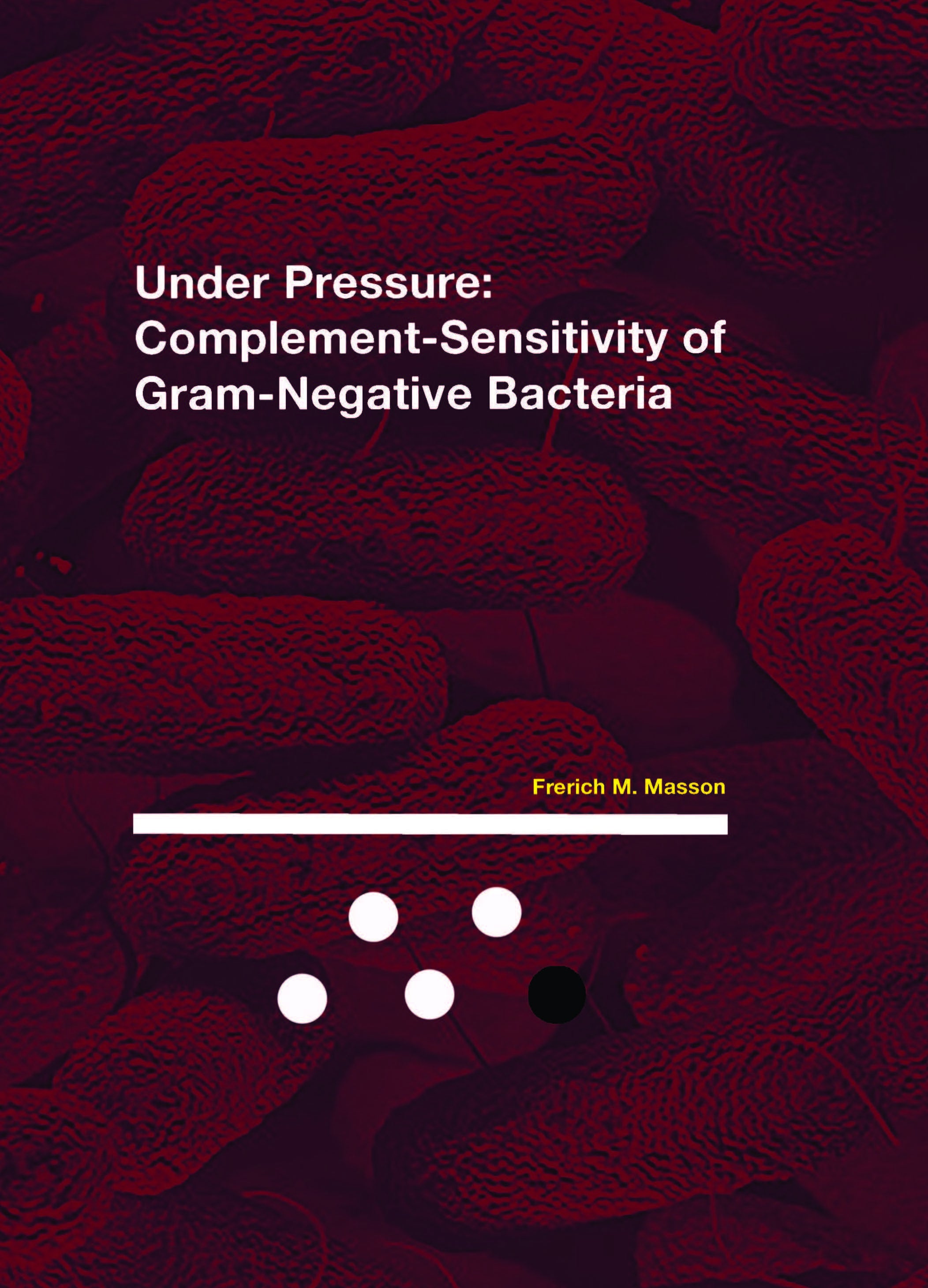Complement-sensitivity of gram-negative bacteria

In his research on the involvement of the complement system in the neutralization of bacteria, PhD candidate Frerich Masson (UMC Utrecht) unraveled several mechanisms on how pathogens such as Klebsiella pneumoniae and Pseudomonas aeruginosa evade the human immune system. His findings provide better directions for the development of alternatives for antibiotics such as antibacterial antibodies.
Treatment of infection with the opportuinistic bacterium Klebsiella pneumoniae can be difficult as it can become resistant to antibiotics. In order to prevent infections with Klebsiella or help the body to fight an infection, antibodies are a promising tool since they guide the human immune reaction. One of the first systems in the human immune system to react to these antibodies is the complement system. The complement system labels bacteria for immune cells to destroy them, but it can also directly kill some bacteria by forming a hole in the bacterial cell wall. However, Klebsiella species have developed ways to prevent the immune system from killing them. Those mechanisms are not always well understood. The goal of the PhD research of Frerich Masson, MSc (Department of Medical Microbiology, UMC Utrecht) was to study the different ways that bacteria have evolved to prevent being killed by the complement system.
Surface sugar pattern
In Klebsiella species long sugar chains, the so-called O-antigen, stick out from the surface and coat the whole bacterium. Bacteria can express a huge variety of different sugar chain patterns. Masson and colleagues noticed that if Klebsiella had a specific sugar structure on its surface, it would better survive the attack by the immune system. They then looked more into the mechanistic details, and showed that the sugar structure prevents the complement system to form a hole in the bacterial cell wall via a so-called membrane attack complex (MAC).
Gene mutation

Masson also looked at how the bacterium changes its surface composition when evolving resistance to the last resort antibiotic colistin. He found that in Klebsiella, mutations in a specific regulatory gene were responsible for resistance to the antibiotic. At the same time, that very mutation caused a change in the sugar chain coat covering the bacterium. This change made binding of antibodies possible and allowed the activation of complement. The complement system was then able to perforate the cell wall and kill the bacteria via MACs.
The researchers also looked more closely at the mechanism of immune evasion. The hole that is formed in bacterial cell walls is the result of a line of reactions that happen one after the other. These reactions are tightly regulated, because they can otherwise lead to diseases resulting from a deranged immune system. They found that if the sugar coat of Klebsiella would overactivate the complement at a critical step, this would disbalance the natural ratio of complement proteins needed to form functional MACs. This would then in turn prevent the complement system to form holes in the bacterial cell wall and the bacteria could survive.
New protein inhibits bacterial killing
Frerich Masson finally looked at the mechanisms by which Pseudomonas aeruginosa prevents being killed by the immune system, He investigated the expression patterns of all non-essential genes that Pseudomonas expresses when exposed to the complement system. He found a couple of genes to be expressed more often in bacteria that were more resistant. One set of genes was particularly interesting, because it was not described before. Masson found that one of these genes lead to the expression of a new undescribed protein. This protein prevented complement-mediated killing of Pseudomonas despite hole formation in the cell wall.
PhD defense

Frerich Masson. MSc (1990, Bremen, Germany) defended his PhD thesis on October 3, 2024 at Utrecht University. The title of his thesis was “Under pressure: Complement-sensitivity of Gram-negative bacteria. Supervisors were prof. Suzan Rooijakkers, PhD (Department of Medical Microbiology, UMC Utrecht) and prof. Anna Blom, PhD (Lund University, Lund, Sweden). Co-supervisors were Bart Bardoel, PhD (Department of Medical Microbiology, UMC Utrecht) and Serena Bettoni, PhD (Lund University, Lund, Sweden).
